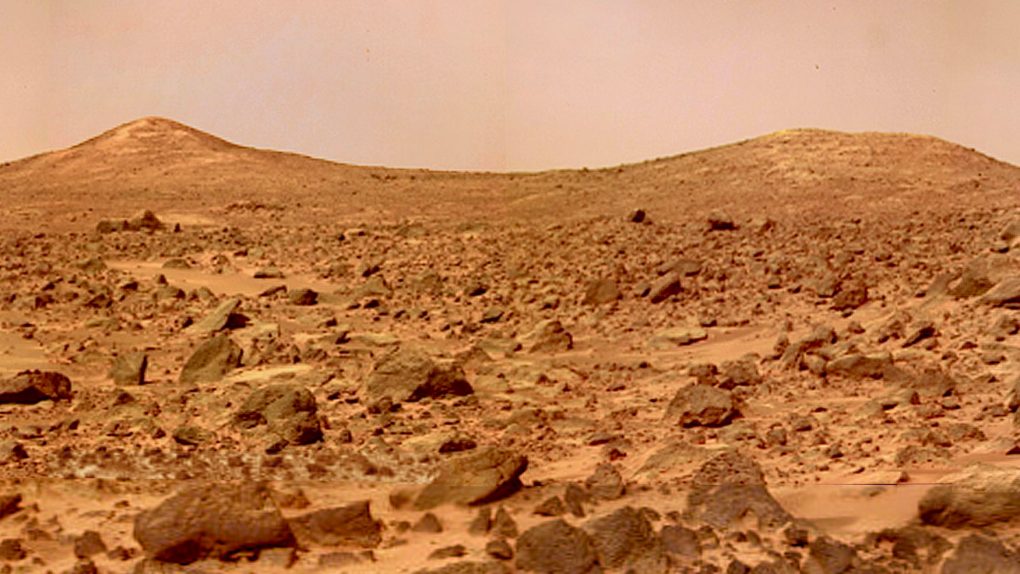For the past few decades, the hunt for signs of alien life on Mars has been one of NASA’s biggest endeavors, leading to the creation of the Mars Sample Return, allowing us to study Martian samples in-depth in search of life finally. However, a running theory suggests that we already discovered life on Mars 50 years ago, but NASA killed it.
To fully understand the theory, we have to go all the way back to the mid-1970s when NASA sent two Viking landers to the Red Planet. The two landers were quite successful then, even pulling off the first and only life detection experiment on another planet thus far.
At the time, the results of those tests could have been clearer. As Big Think (via Freethink) notes, one part of the test showed positive results initially. However, the gas exchange experiment did not show any positive results. Further, an instrument on the Viking landers designed to detect organic compounds did not find anything but trace amounts of chlorinated organics.

While exciting, the scientists of the time assumed that because there were no organic bodies of any type, the chlorinated organics had to be contamination from Earth. Further experiments saw water added to the soil, which undoubtedly killed the trace amounts, which is why some believe NASA killed our first evidence of life on Mars.
Now we know for sure that indigenous organic compounds do exist on Mars, which means those trace amounts found in the 1970s were likely not contamination from Earth. Of course, there’s no real way to prove they were from Mars. But, having a fuller picture of everything we have learned about the Red Planet in the past 50 years, it certainly does appear like it could have been.








